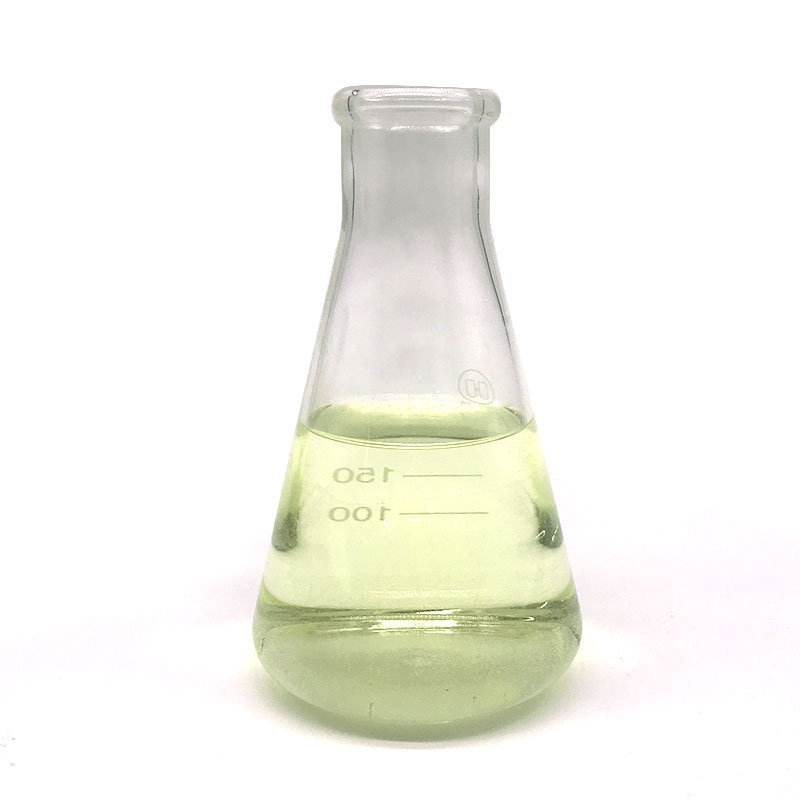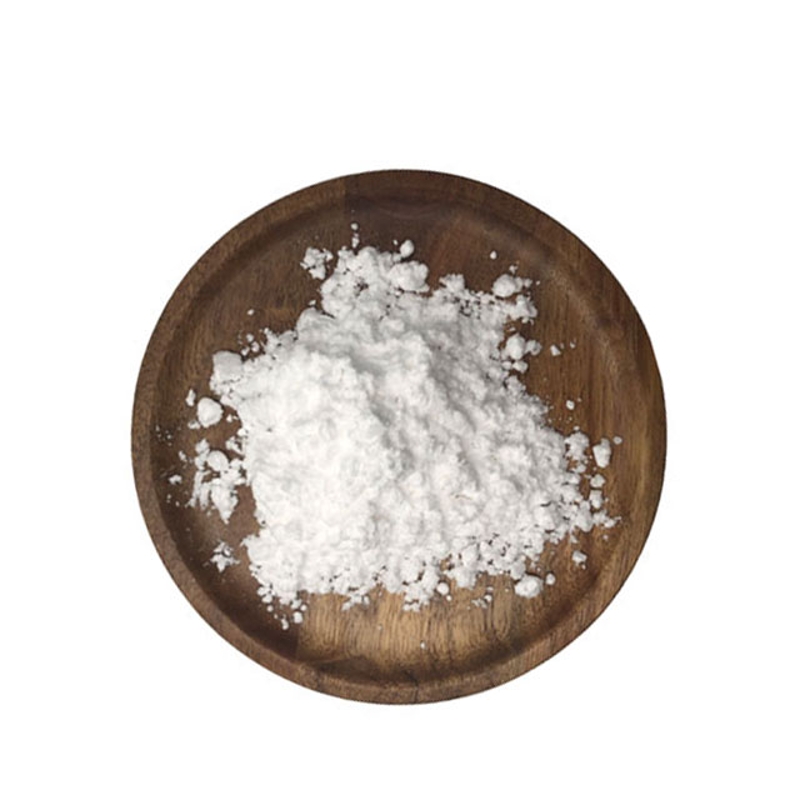-
Categories
-
Pharmaceutical Intermediates
-
Active Pharmaceutical Ingredients
-
Food Additives
- Industrial Coatings
- Agrochemicals
- Dyes and Pigments
- Surfactant
- Flavors and Fragrances
- Chemical Reagents
- Catalyst and Auxiliary
- Natural Products
- Inorganic Chemistry
-
Organic Chemistry
-
Biochemical Engineering
- Analytical Chemistry
- Cosmetic Ingredient
-
Pharmaceutical Intermediates
Promotion
ECHEMI Mall
Wholesale
Weekly Price
Exhibition
News
-
Trade Service
Babies born with the defective mother UBE3A gene develop a rare disease called Angelman syndrome, a severe neurodevelopmental disorder that is currently incurable and treated with very limited treatment.
In a recent study published in the international journal Nature entitled "Cas9 gene therapy for Angelman syndrome traps Ube3a-ATS long non-coding RNA", scientists from institutions such as the University of North Carolina said that using techniques such as gene editing and gene therapy could restore the function of the UBE3A gene in human neuron cultures and effectively treat defects in the Angelman syndrome model.
findings may provide an important basis for late-stage scientists to treat Angelman syndrome, as well as open the way for the treatment of other monogene disorders.
this paper, we reveal how CRISPR-Cas9 gene therapy can be used to treat a variety of disease symptoms associated with Angelman syndrome.
Angelman syndrome is caused by mutations or rejections of the parent gene copy encoding Ubiquitin protein-connecting enzyme E3A (UBE3A), and the parent-origin UBE3A gene copy is usually silent in the neurons of the offspring, so the absence of the maternal UBE3A gene copy causes most areas of the brain to lose the function of the UBE3A enzyme class.
this is critical because the enzyme targets the degradation of the action protein, which is essential to maintain the normal function of the brain cells.
When the process goes wrong, it triggers Angelman syndrome, a brain disorder whose symptoms include severe intellectual and developmental disorders, seizures, and problems with language, balance, exercise, and sleep.
Photo Source: Zylka Lab (UNC Neuroscience Center) Opening the expression of the parent-origin UDE3A gene may be a very attractive treatment strategy because it reverses the underlying molecular defects behind the disease, but the parent-origin gene is silenced by a long chain of RNA, which is produced in the opposite direction of the UBU3A gene and blocks the production of the parent-origin UBU3A gene-coded enzyme.
the researchers then desied a method that used CRISPR-Cas9 technology to restore the function of the UME3A enzyme class to normal levels by interfering with the function of anthotic RNA.
In the study, researchers described how adeno-related virus (AAV) gene therapy was used to transport Cas9 proteins into the brains of embryonic mouse models with Angelman syndrome, since the UVE3A gene is so important for normal brain development that early treatment is particularly important.
researchers found that early treatment of embryos and postpartonatal can save the body and behavioral physiologies that simulate core defects in the body of patients with Angelman syndrome.
note that a one-time injection of AAV to a newborn baby can keep the parental UBU3A gene in their body expressed for 17 months, and studies suggest that the effect may be permanent.
the researchers also demonstrated that this method has been shown to be effective in cultured human neurons.
researchers were shocked by the findings because other treatments for Angelman syndrome did not last that long and were unlikely to treat so many symptoms.
researcher Wolfer says the results of early treatment are very promising, as we only know so far that Angelman syndrome can be alleviated in mice, and later researchers will continue to refine the treatment to develop treatments suitable for treatment in humans.
the study into clinical use, the researchers worked together to determine the symptoms of the disease in infants carrying mutations that trigger Angelman syndrome.
Currently, researchers are using imaging and behavioral observations to identify disease-related manifestations in children with Angelman syndrome, which have feeding difficulties and muscle tension, but so far researchers have not severely described these symptoms with other early symptoms.
researchers wanted to use genetic testing to identify newborns at risk of Angelman syndrome, treat them before or after birth, and use these early symptoms as a endpoint.
that prenatal treatment may be effective in preventing Angelman syndrome from occurring across the body of newborns.
In addition, the researchers found that gene therapy vectors could block the function of anthogenic RNA by integrating them into genome site cut by CRISPR-Cas9, a so-called "gene trap" that could be used to interfere with the expression of other long-chain non-coded RNAs and genes.
Zylka, the study's final researcher, added: 'We are confident that this work will move forward and hope that one day we can help treat people with Angelman syndrome.'
: 1: Wolter, J.M., Mao, H., Fragola, G. et al. Cas9 gene therapy for Angelman syndrome traps Ube3a-ATS long non-coding RNA. Nature (2020). doi:10.1038/s41586-020-2835-2.Scientists take major step towards Angelman Syndrome gene therapyby University of North Carolina Health Care This article is from Bio Valley, for more information please download Bio Valley APP (







